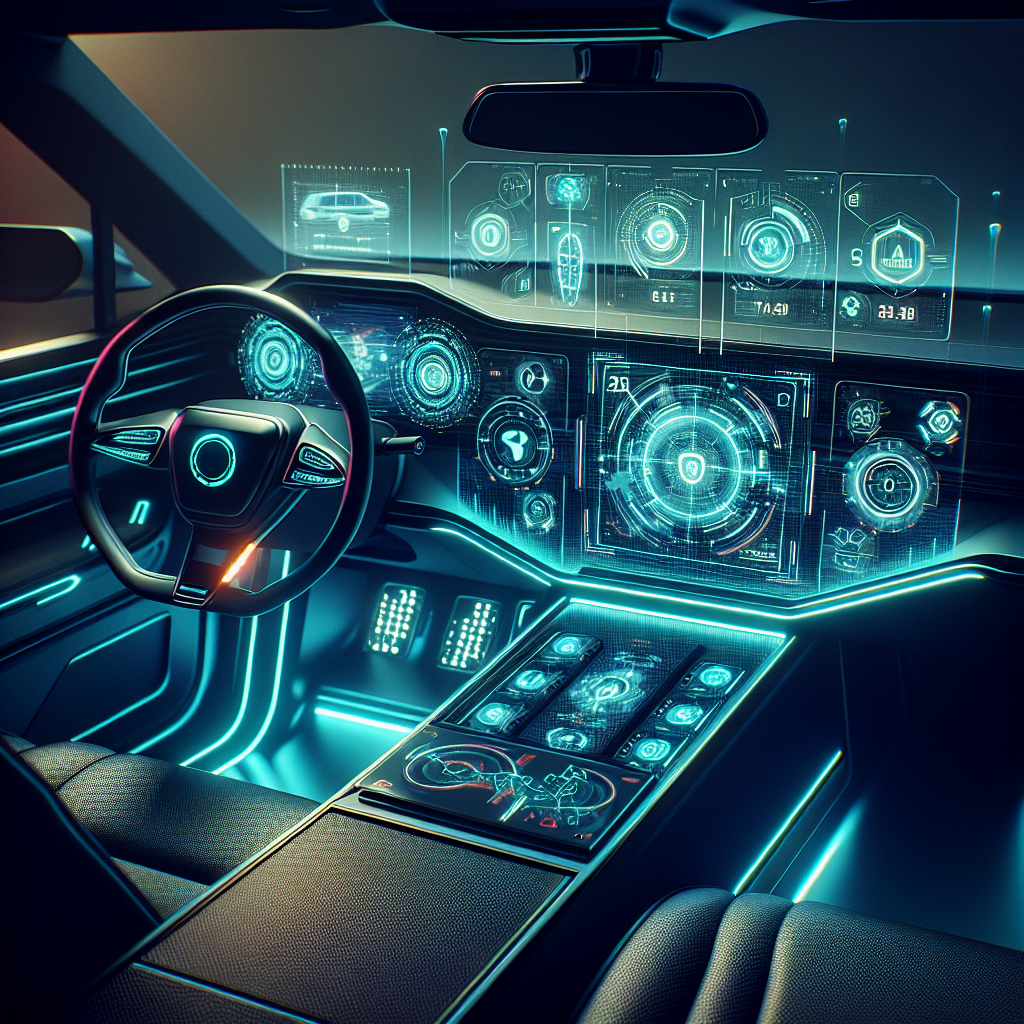
The automotive industry is witnessing significant advances in autonomous driving technology as manufacturers race to deliver higher levels of automation to consumers. BMW has achieved regulatory approval for hands-off highway driving in its upcoming electric SUV, while Lucid Motors has announced ambitious plans to bring Level 4 "mind-off" autonomy to more affordable vehicles. Meanwhile, technology partnerships are accelerating development, with companies integrating advanced AI platforms to enhance testing and validation of autonomous systems. These developments represent meaningful steps toward making sophisticated driver assistance and self-driving capabilities more accessible across different vehicle segments and price points.
BMW has secured certification under UN Regulation 157 for its Neue Klasse iX3, enabling hands-off driving capabilities on highways through its advanced driver assistance system. [1] for the German automaker's next-generation electric vehicle platform. This approval allows drivers to take their hands off the steering wheel under certain conditions while the vehicle maintains control, representing a significant step beyond traditional adaptive cruise control and lane-keeping systems that require constant hand contact with the wheel.
Lucid Motors has revealed plans to incorporate Level 4 autonomous driving technology into its upcoming midsize vehicles, which are expected to be priced around $50,000. [2], suggesting drivers will not need to monitor the road continuously in certain conditions. [3] for its Earth SUV, a Tesla Model Y competitor. This announcement positions Lucid as pursuing more advanced autonomy than many competitors offer in the mainstream electric vehicle segment.
On the development side, testing infrastructure continues to evolve as companies work to validate autonomous systems. [4], providing automakers with enhanced tools for testing and verification. Such partnerships between software developers and platform providers are essential for accelerating the deployment of safe autonomous vehicles, as they enable more comprehensive scenario testing before systems reach public roads.
The competitive landscape is intensifying among premium automakers, with Mercedes-Benz also advancing its self-driving capabilities in the S-Class. [5], driving innovation across the luxury segment. As these manufacturers push toward higher automation levels, the focus remains on meeting stringent safety standards while delivering features that provide genuine value to drivers during highway commutes and long-distance travel.
- BMW’s Neue Klasse iX3 Gets Green Light for Hands-Off Driving Under UN Regulation
- Lucid’s (LCID) $50,000 midsize EVs will offer ‘mind-off’ Level 4 autonomy
- Lucid's Next SUV Will Have "Eyes-Off, Mind-Off" Autonomous Driving
- Foretellix integrates Foretify physical AI toolchain with Nvidia Drive AV platform
- Self-Driving Mercedes S-Class is a Threat BMW Can’t Ignore








